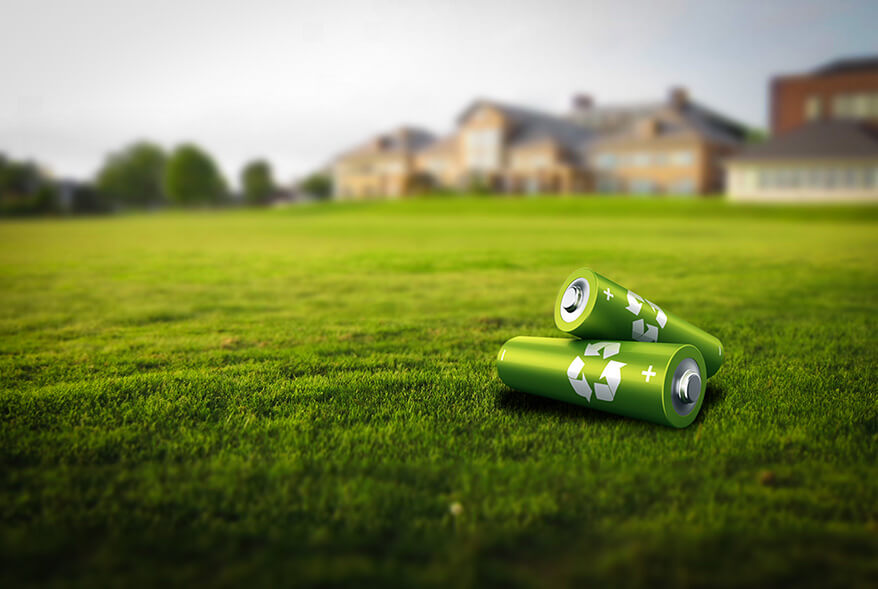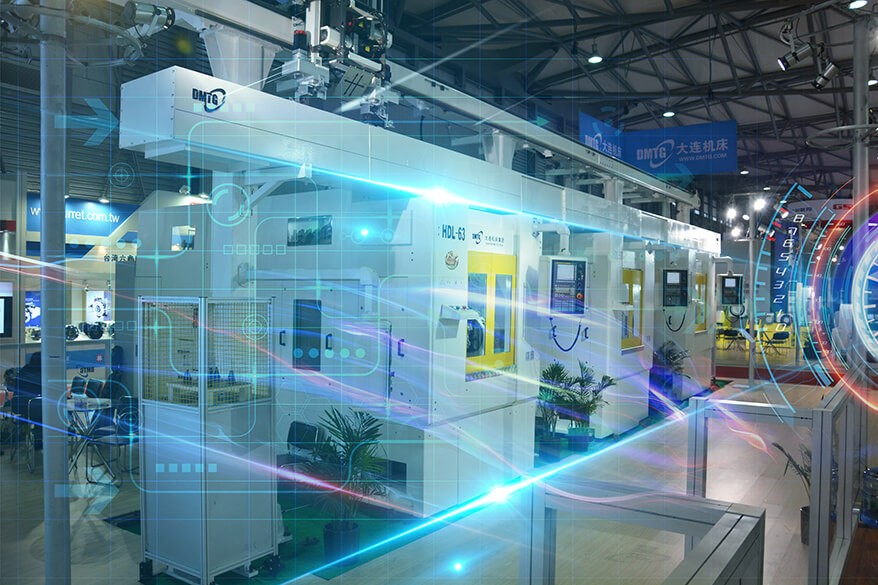How to Charge Lithium-Ion Battery without Charger?
Jun 18, 2019 Pageview:1848
People are always looking for some hacks so that they can charge their batteries faster and easier. There are many myths going around related to battery charging. Here, we will debunk such myths and learn more about charging the battery.
Lithium-Ion Battery Charging Myth
Let’s start with discussing the most common myths related to lithium-ion battery. We all need our phone fully charged when we wake up, but we don’t know for sure what habits might be causing several issues in the battery. So, here are some myths debunked about lithium-ion battery charging.
1: Phone batteries only last for two years:
People think that the ideal lifespan of a battery is not more than two years. Well, the truth is quite the opposite. If the battery is properly used, then it can live longer than you expect. The usual cycle is 300 to 500, which varies according to the frequency of charging. So, the lifespan of a battery is calculated with its charging and discharging cycle.
2: Batteries can develop a memory:
It is very common to think that all batteries can develop memory. But this myth arises with Nickel-Cadmium batteries but it doesn’t apply to Lithium-ion batteries.
3: Phone batteries should always fully discharge before you plug in the charger:
This myth goes around a lot, but it is not true at all. Lithium-ion batteries are in a permanent state of internal corrosion. So, after the time they are manufactured, they are degrading at a slower rate. Over time, the batteries hold less charge which leads to this belief.
But the truth is fully discharging the batteries wears them out at a faster rate than normal. Discharging below 25% will have a significant impact on the batteries.
4: Freezing a phone prevents battery problem:
People often confuse that heating issues are related to the battery problem. But the fact is, the heat is radiated as a result of the transition in high-energy power to low. Freezing will do the opposite and the internal corrosion rate will increase. It means your battery will die faster than you think.
5: Overnight charging will overload the battery:
There is no such thing as a power overload in modern batteries. When the battery reaches 100% of its capacity, whether the charger is plugged in or not, the charging automatically stops. Period.
But it will affect the cycle of charge and discharge. Keep this in mind.
Can We Charge lithium-ion battery Without Charger?
It is a common hack people try out. Almost everyone wants to know whether it is possible to charge the batteries without a charger or not. Sometimes people lose the original charger and don’t have options for buying another one. But don’t worry; it is possible to charge the Lithium-Ion battery without using the charger. The best way is to connect the device your battery powers to a power source using a USB cable. As USB contains several data and ground wires and they have built-in charge wire and output, they are capable of charging the battery.
Keep in mind to use a cable which supplies 5 volts from your computer with 100mA to 500mA current. Follow the steps below to charge your battery:
Step 1: Check the device which uses the Lithium-ion battery. Most of the devices have the USB sockets in it.
Step 2: Plug in one end of the USB cable into your device’s socket and ensure that the battery is inserted properly.
Step 3: Now, plug in the other end of the USB cable into a computer’s USB socket and turn on the computer. The Lithium-ion battery will automatically begin to charge.
The charging rate might be slow but eventually, your device will be fully charged. We already know that this works for mobile phones. Just know that this method can be used for other devices too which often use a lithium-ion battery.
Difference between Charging With or Without Charger:
It is not rocket science people think that charging a device having Lithium-ion battery with charges is the more ideal thing to do. Whether it is media players, smartphones, external drives, and a range of other devices, all come with a charger perfectly suitable for the device. But it is easy to lose the chargers or have some malfunction in them. Using a USB is like an alternate, but you should know which one is better than the other.
Power Supply:
A typical USB port can supply 500mA of electrical current to the device. The wall outlets can supply far more current than the typical household electrical circuit supply, i.e. 15 to 20 Amps. Still, the supply for the devices is limited to only 2 Amps, but it is great. Therefore, charging with a charger using the wall outlets is far better than the USB charging.
Convenience factor:
Using the USB port comes with better options as it can be used without an adapter. Plus, when your outlet options are limited, USB cables come to the rescue. You can simply plug your device into the laptop for charging. Thus, the USB charging outweighs the charger.
Global Standard:
USBs have a global standard as the computer in Malaysian provides the same power supply as that of the parts on Texas. But the typical power supply is different in almost every country. Wall current isn’t standardized like this. Thus, the USB cables will come to your rescue when you are outside your region.
Power Usage:
People don’t know this but the wall chargers waste a considerable amount of energy. When the wall charger steps down the high-energy power to low-energy power used by the device, it emits heat. USB charging, on the other hand, doesn’t have this problem.
As you can see, using USB cables seems like an appropriate idea when you are out or can’t get access to an outlet. But using the charger special made for your device is much better as it supplies the exact amount of electric current and power that your device needs. You can buy the original chargers from large power as they are reputed manufacturer and distributors of Lithium-ion battery chargers.
- Prev Article: Lithium Battery News Analysis
- Next Article: How to Charge a LiPo Battery for the First Time?
Leave Message
Hottest Categories
-
Hottest Industry News
-
Latest Industry News













